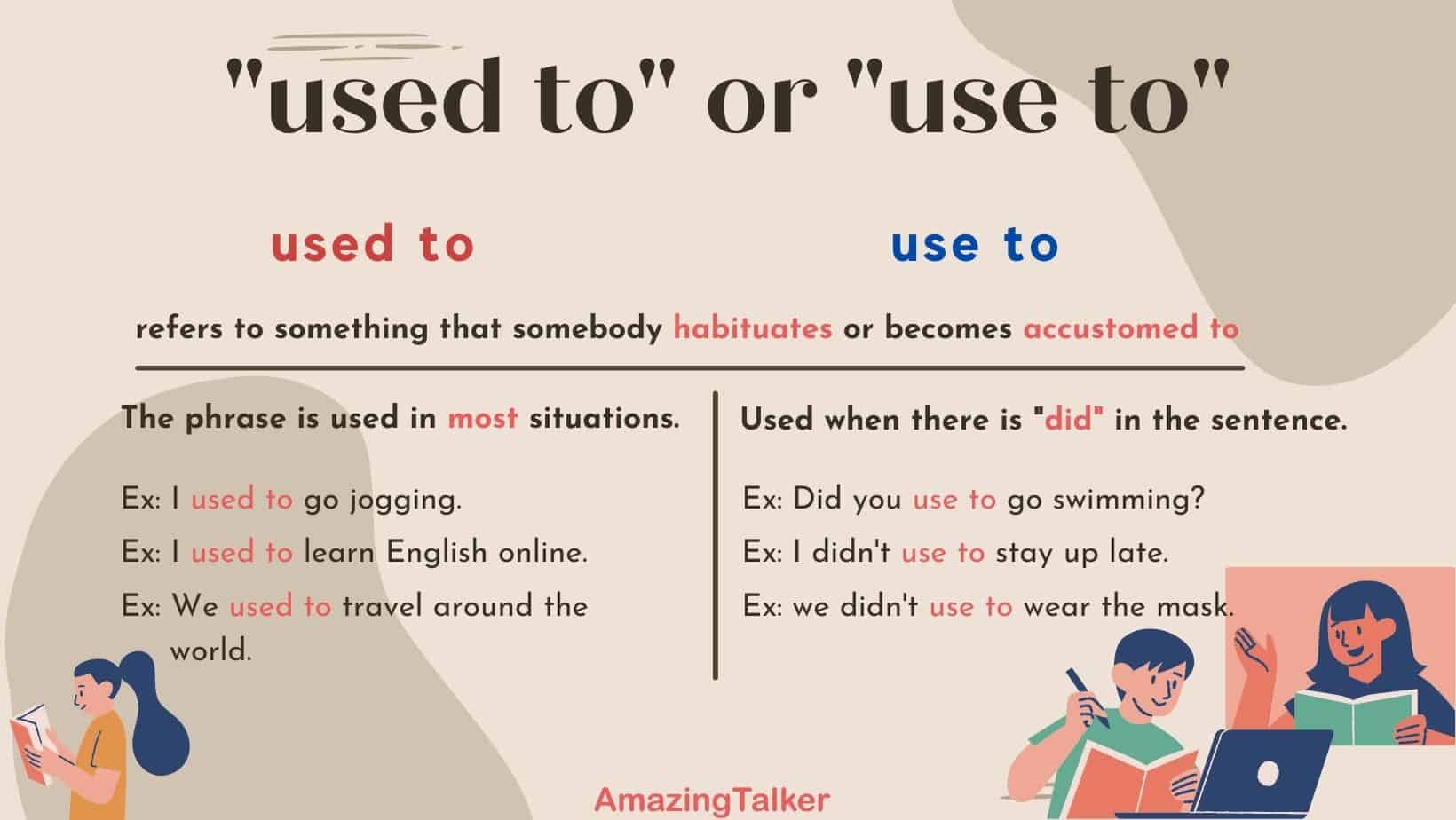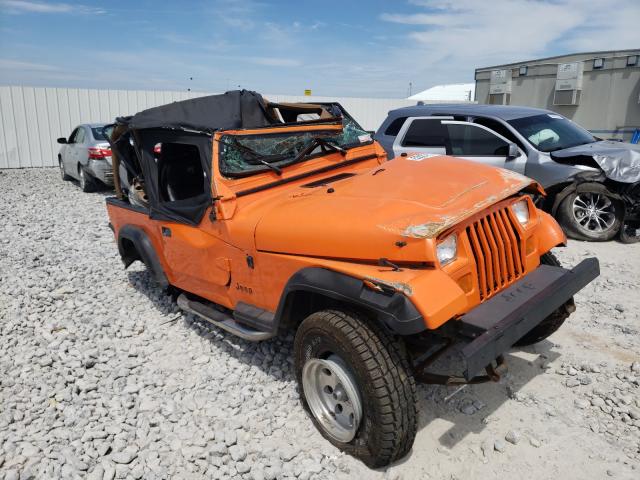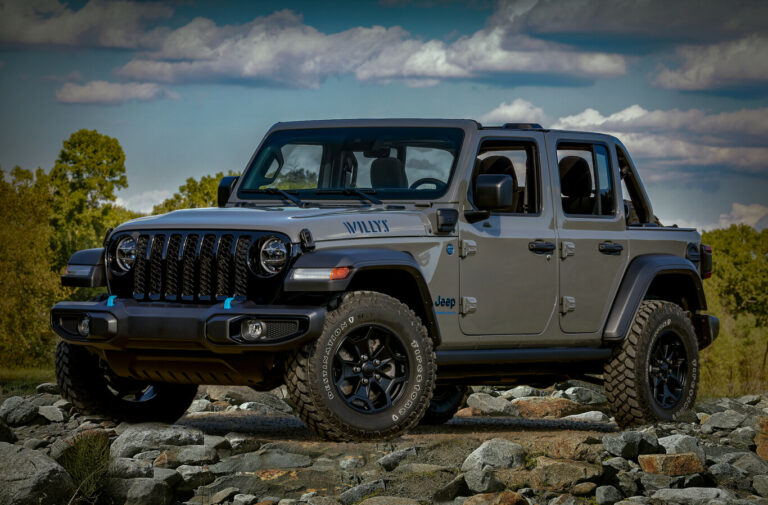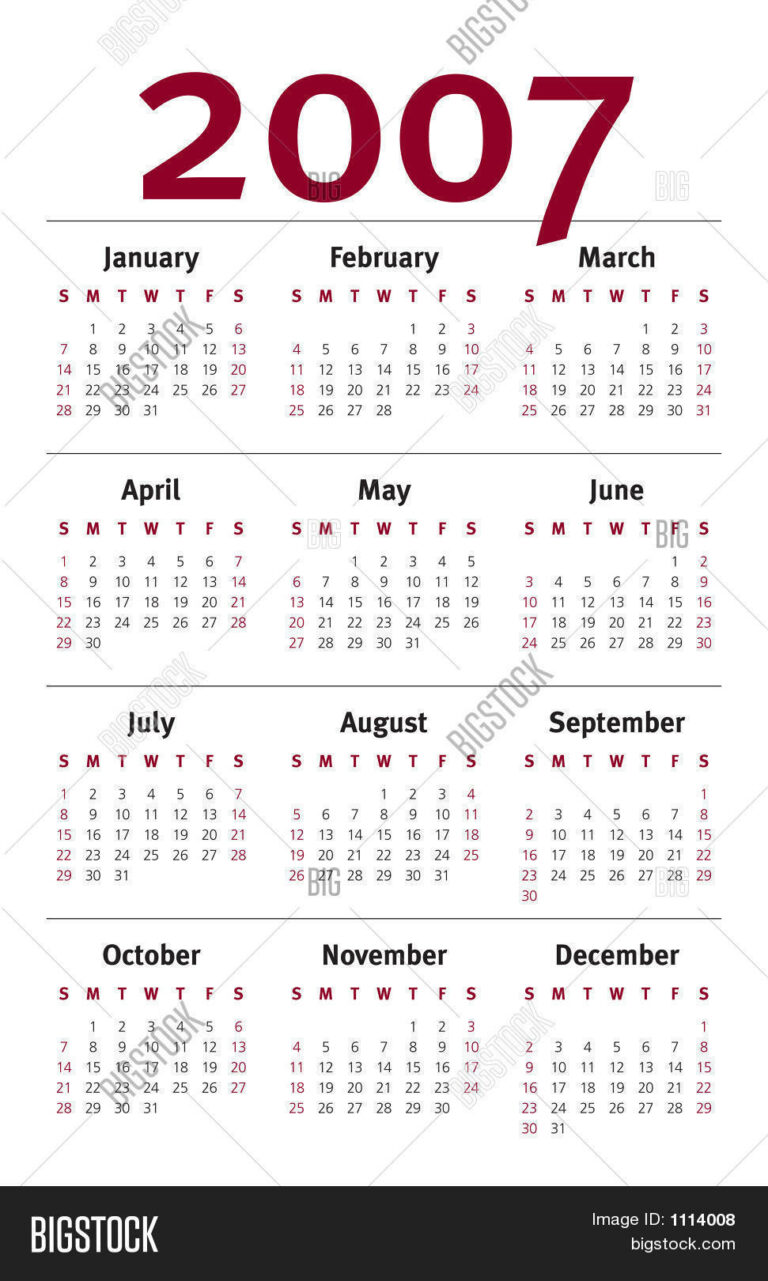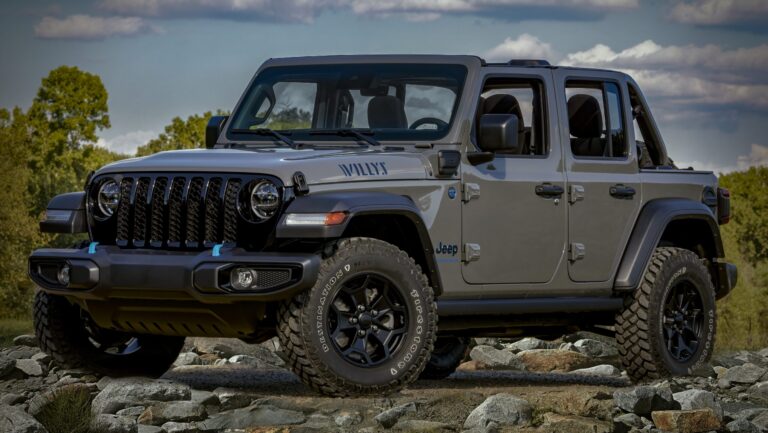Used Jeep Liberty Wheels For Sale: A Comprehensive Guide to Smart Choices
Used Jeep Liberty Wheels For Sale: A Comprehensive Guide to Smart Choices jeeps.truckstrend.com
The Jeep Liberty, with its rugged capability and distinctive styling, has long been a favorite among SUV enthusiasts. Whether you own an early KJ model (2002-2007) or the later KK generation (2008-2012), your wheels are not just functional components; they significantly contribute to your vehicle’s performance, safety, and aesthetic appeal. When it comes to replacing damaged wheels, upgrading for a new look, or simply seeking a spare, the market for "used Jeep Liberty wheels for sale" offers a compelling and often cost-effective alternative to buying new. This comprehensive guide will navigate you through every aspect of purchasing used wheels, ensuring you make an informed and beneficial decision.
Why Opt for Used? Benefits and Crucial Considerations
Used Jeep Liberty Wheels For Sale: A Comprehensive Guide to Smart Choices
Choosing used wheels for your Jeep Liberty presents a myriad of advantages, but also requires careful consideration to avoid potential pitfalls.
Benefits of Buying Used Wheels:
- Cost-Effectiveness: This is undoubtedly the primary driver. Used wheels are significantly cheaper than new ones, allowing you to save a substantial amount, especially if you need a full set or a rare OEM style.
- OEM Availability: For those who prefer to maintain their vehicle’s original look or need a direct replacement for a damaged factory wheel, the used market is often the best place to find genuine Original Equipment Manufacturer (OEM) wheels that are no longer produced or are hard to source new.
- Customization on a Budget: Want to upgrade from steel to alloy wheels, or switch to a different OEM alloy design that came on a higher trim level? Buying used allows for aesthetic upgrades without breaking the bank.
- Environmental Friendliness: Reusing wheels reduces waste and the demand for new manufacturing, making it an eco-conscious choice.
- Immediate Availability: Often, you can find the exact wheels you need locally and pick them up quickly, avoiding shipping delays.

Crucial Considerations Before You Buy:
- Condition Assessment: The biggest challenge with used wheels is their condition. Dents, cracks, bends, and severe corrosion can compromise safety and performance. A thorough inspection is paramount.
- Compatibility: While seemingly straightforward, ensuring the wheels fit your specific Jeep Liberty model year and trim is vital. Incorrect specifications can lead to rubbing, improper handling, and even damage to your vehicle’s suspension or braking system.
- Safety: Your wheels are a critical safety component. A structurally compromised wheel can fail at speed, leading to catastrophic accidents. Never compromise on safety for a lower price.
Understanding Your Jeep Liberty’s Wheel Specifications
Before you begin your search, it’s essential to know the precise specifications for your Jeep Liberty’s wheels. These details ensure proper fitment and safe operation.
- Bolt Pattern: All Jeep Liberty models (KJ and KK) utilize a 5×114.3mm (or 5×4.5 inch) bolt pattern. This means there are five lug holes, and the circle on which they are arranged has a diameter of 114.3 millimeters. This is a non-negotiable specification.
- Diameter: Jeep Liberty wheels typically come in 16-inch, 17-inch, and 18-inch diameters, depending on the model year and trim level. While you can often "plus-size" or "minus-size" within reason, be aware that changing diameter will require new tires and may affect speedometer readings, ride quality, and fender clearance.
- Width: Wheel width (e.g., 7 inches, 7.5 inches) impacts tire fitment and overall stance. While there’s some flexibility, staying close to OEM width is generally recommended unless you’re intentionally modifying your setup.
- Offset: This is the distance from the wheel’s mounting surface to its centerline. It determines how far the wheel sits inward or outward in the fender well. Incorrect offset can cause tires to rub against suspension components or fender flares. OEM Liberty wheels typically have a positive offset (e.g., +30mm to +45mm).
- Center Bore: This is the hole in the center of the wheel that fits over the vehicle’s hub. The Jeep Liberty typically has a center bore of 71.5mm. While wheels with a larger center bore can be used with hub-centric rings, a smaller bore will prevent the wheel from mounting correctly.
Always cross-reference these specifications with your vehicle’s owner’s manual or a reputable online fitment guide.
Navigating the Types of Used Jeep Liberty Wheels
The used market offers a variety of wheel types, catering to different needs and budgets:
- OEM Steel Wheels: Often found on base model Liberties, these are durable and cost-effective. They are typically black and may come with hubcaps. Great for spares or winter wheels.
- OEM Alloy Wheels: These are the most common type found on higher trim levels. Jeep produced various alloy wheel designs for the Liberty, including multi-spoke, 5-spoke, and mesh patterns. Examples include "Eccentric," "Classic," "Sport," and "Limited" styles. They offer better aesthetics and lighter weight than steel.
- Aftermarket Wheels: While less common in the "used OEM Liberty wheels" search, you might encounter aftermarket wheels that were previously installed on a Liberty. These offer a vast range of styles and finishes but require careful verification of specifications and quality.
- Wheel & Tire Combos: Sometimes, sellers offer used wheels with tires already mounted. This can be a great deal if the tires are in good condition and are the size you need, but adds complexity to shipping and inspection.
Where to Unearth Your Next Set of Wheels
The search for used Jeep Liberty wheels can take you to several different avenues:
- Online Marketplaces:
- eBay: A vast inventory, often with nationwide shipping. Look for sellers with high ratings and detailed photos.
- Facebook Marketplace: Excellent for local deals, allowing you to inspect wheels in person and avoid shipping costs. Search for "Jeep Liberty wheels," "KJ wheels," or "KK wheels."
- Craigslist: Similar to Facebook Marketplace for local transactions. Be cautious and always meet in a public place.
- Dedicated Forums & Groups: Jeep-specific forums (e.g., JeepForum.com, LostKJs.com) and Facebook groups for Jeep Liberty owners often have "For Sale" sections where enthusiasts sell parts. These communities can also provide valuable advice.
- Local Salvage Yards/Junkyards: Often the most affordable option, but requires you to physically visit and inspect. You might find a single replacement wheel or a full set from a wrecked Liberty.
- Specialized Used Wheel Dealers/Tire Shops: Some businesses specialize in used wheels. They often clean and inspect their inventory, offering a more curated selection, though typically at a slightly higher price than private sellers.
- Auto Parts Stores (Used Section): Some larger auto parts chains or local independent stores might have a small selection of used wheels.
The Smart Buyer’s Guide: What to Inspect When Buying Used Wheels
Thorough inspection is the most critical step when buying used wheels. Don’t skip it!
- Visual Inspection for Damage:
- Cracks: The most serious issue. Check along the spokes, around the lug holes, and especially along the inner and outer barrel. Even hairline cracks can propagate and lead to failure.
- Bends/Dents: Look for flat spots or warping on the inner or outer lip of the wheel. Bends can cause vibrations, make balancing difficult, and lead to air leaks. Roll the wheel on a flat surface if possible to check for wobbling.
- Curb Rash: Scratches and gouges on the outer lip from hitting curbs. While largely cosmetic, severe curb rash can indicate a harder impact that might have caused hidden structural damage.
- Scratches & Scuffs: General wear and tear. Assess if the cosmetic damage is acceptable for your needs.
- Corrosion/Pitting: Especially on alloy wheels, corrosion can appear as bubbling paint or white powdery residue. Severe corrosion, particularly around the bead seating area, can lead to slow air leaks.
- Structural Integrity Check:
- Tire Bead Area: Run your finger along the inner and outer bead seating surfaces. They should be smooth and free of major pits, dents, or burrs that could prevent a tire from sealing properly.
- Valve Stem Hole: Ensure it’s clean and undamaged.
- Evidence of Repairs: Look for signs of welding or significant refinishing. While some professional repairs are safe, poorly executed repairs are a major red flag. Ask the seller about any repairs.
- Matching Sets & Center Caps: If buying a set, ensure all wheels are identical in style, size, and finish. Check if center caps are included, as they can be surprisingly expensive to replace.
- Practical Tip: If possible, ask the seller to spin the wheel slowly on a balancing machine or even just on a flat surface to visually check for wobbling or severe bends.
Actionable Advice for a Seamless Purchase
Beyond inspection, these tips will help you secure a good deal:
- Ask Detailed Questions: Inquire about the wheels’ history, why they’re being sold, if they’ve ever been repaired, and if they hold air (if tires are mounted).
- Request Clear Photos/Videos: If buying online, ask for high-resolution images from multiple angles, focusing on areas prone to damage (inner barrel, bead seats, lug holes). A video of the wheel spinning can be invaluable.
- Verify Fitment: Double-check all specifications (bolt pattern, diameter, width, offset, center bore) against your Liberty’s requirements. Don’t just take the seller’s word for it.
- Negotiate Price: Most sellers on private marketplaces expect some negotiation. Do your research on comparable prices to make a fair offer.
- Consider Shipping Costs: For online purchases, shipping wheels can be expensive due to their size and weight. Factor this into your total cost. Local pickup is almost always preferable.
- Secure Payment Methods: Use methods that offer buyer protection for online transactions. For local cash deals, meet in a safe, public place.
Installation, Balancing, and Long-Term Care
Once you’ve acquired your used wheels, proper installation and ongoing maintenance are key:
- Professional Installation & Balancing: Always have used wheels professionally installed and balanced by a reputable tire shop. Balancing ensures a smooth ride and prevents premature tire wear.
- TPMS (Tire Pressure Monitoring System) Considerations: If your Liberty is equipped with TPMS, you’ll need to ensure your new-to-you wheels can accommodate the sensors. Sometimes, the original sensors can be transferred; other times, new sensors might be required and will need programming.
- Regular Cleaning & Inspection: Keep your wheels clean to prevent corrosion and inspect them periodically for new damage, especially after hitting potholes or off-roading.
Overcoming Challenges in the Used Wheel Market
While beneficial, the used wheel market isn’t without its challenges:
- Finding a Complete Matching Set: It can be difficult to find four identical wheels in good condition from a single seller.
- Solution: Be patient, expand your search radius, or consider buying individual wheels if only one or two are needed.
- Unforeseen Damage: Despite careful inspection, minor issues might only become apparent during tire mounting or balancing.
- Solution: Have a professional shop inspect the wheels before mounting tires. They often have equipment to detect subtle bends.
- High Shipping Costs: Large, heavy items like wheels can incur significant shipping fees.
- Solution: Prioritize local pickup whenever possible. If shipping, factor the cost into your budget and ask the seller to package them securely to prevent transit damage.
Estimated Price Guide: Used Jeep Liberty Wheels
Prices for used Jeep Liberty wheels vary significantly based on condition, specific style, and market demand. This table provides a general estimated range per wheel.
| Wheel Type/Size | Condition: Good (Cosmetic flaws, minor repairs ok) | Condition: Very Good (Minor cosmetic flaws) | Condition: Excellent (Near new) | Notes |
|---|---|---|---|---|
| 16-inch OEM Steel Wheel | $25 – $50 | $40 – $70 | $60 – $90 | Often sold with or without hubcaps. |
| 16-inch OEM Alloy Wheel | $50 – $90 | $75 – $120 | $100 – $150 | (e.g., "Eccentric," "Classic" styles) |
| 17-inch OEM Alloy Wheel | $70 – $120 | $100 – $160 | $140 – $200 | (e.g., "Sport," "Limited" styles) |
| 18-inch OEM Alloy Wheel | $90 – $150 | $130 – $200 | $180 – $250 | (Typically KK models) |
| Aftermarket Alloy Wheel | $70 – $200 | $120 – $300 | $250 – $400+ | Varies wildly by brand, style, and rarity. |
| Wheel & Tire Combo | Add $50 – $200+ per wheel | Add $100 – $300+ per wheel | Add $200 – $500+ per wheel | Depends heavily on tire brand, size, tread remaining. |
Disclaimer: These are estimated prices per wheel and can vary widely based on location, seller, specific design rarity, and market fluctuations. Always compare multiple listings before making a decision.
Frequently Asked Questions (FAQ)
Q1: Are used wheels safe to use on my Jeep Liberty?
A1: Yes, if they are in good structural condition and meet the correct specifications for your vehicle. Thorough inspection for cracks, bends, and significant corrosion is crucial. Never use a wheel that has major structural damage.
Q2: How do I know if a used wheel will fit my specific Jeep Liberty model?
A2: You need to know your Liberty’s exact bolt pattern (5×114.3mm), diameter (16", 17", or 18"), width, offset, and center bore (71.5mm). Compare these specifications directly with the used wheels you’re considering. Your owner’s manual or an online fitment guide specific to your model year is the best resource.
Q3: What’s a reasonable price to pay for used Jeep Liberty wheels?
A3: Prices vary greatly based on condition, type (steel vs. alloy, OEM vs. aftermarket), and rarity. Refer to the estimated price guide above for general ranges. Always compare prices from multiple sellers and factor in shipping costs if applicable.
Q4: Should I buy used wheels with or without tires?
A4: Buying with tires can be a good deal if the tires are in excellent condition with plenty of tread. However, they add significant weight and cost to shipping. If the tires are worn or not the size you need, it might be better to buy just the wheels and mount new tires yourself. Inspect tires as thoroughly as wheels.
Q5: Can I mix and match different styles of used Jeep Liberty wheels?
A5: While technically possible if the specifications (especially bolt pattern, diameter, width, and offset) are identical, it’s generally not recommended for aesthetic reasons, and it can sometimes affect handling or tire wear if there are subtle differences. It’s best to stick to a full matching set for optimal performance and appearance.
Q6: What about TPMS (Tire Pressure Monitoring System) sensors?
A6: Most Jeep Liberties (especially later models) have TPMS. If the used wheels come with sensors, ensure they are compatible with your vehicle’s year. Often, you can transfer your existing sensors from your old wheels to the new used ones, or purchase new compatible sensors and have them programmed by a tire shop.
Conclusion: Rolling Forward with Confidence
The market for used Jeep Liberty wheels for sale offers a fantastic opportunity to maintain, upgrade, or customize your vehicle without the hefty price tag of new components. By understanding your vehicle’s specifications, knowing where to look, conducting a diligent inspection, and following smart buying practices, you can confidently acquire a set of wheels that will serve your Liberty well for years to come. With careful planning and a keen eye, you’ll be rolling forward with confidence, enhancing both the functionality and aesthetics of your beloved Jeep.
